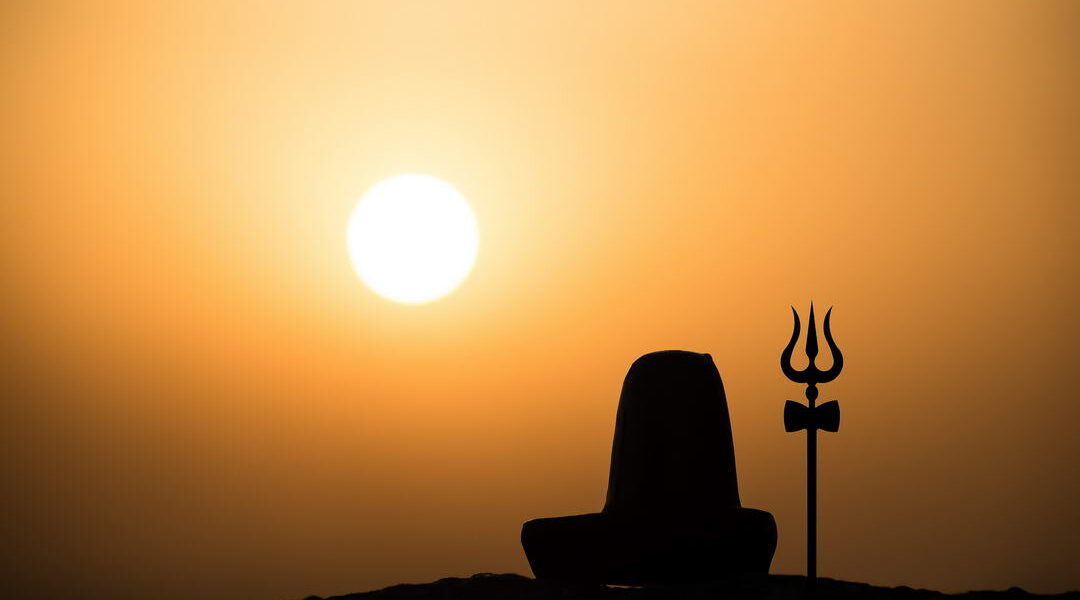In the realm of spiritual understanding, the concepts of Moksha and Maya stand as pillars of insight, shedding light on the intricate dance between perception and ultimate reality. Moksha represents the state of liberation and enlightenment, while Maya refers to the illusion that obscures our perception of truth. Together, these concepts provide a profound framework for understanding the nature of existence and the path to transcendence. In this blog article, we delve into the profound interplay between Moksha and Maya, exploring their meanings, significance, and the transformative journey they offer.
Explore Meditation Retreats & Wellness Retreats
Explore Yoga Retreats with Tejomaia.com

Maya: The Illusory Nature of Reality
Maya is the cosmic illusion that veils our perception, leading us to mistake the impermanent and transient aspects of the material world for ultimate reality. Maya encompasses the sensory experiences, desires, attachments, and beliefs that bind us to the cycle of birth, death, and rebirth. It is the driving force behind the ego’s identification with the physical world and the source of suffering and delusion.
Moksha: The Ultimate Liberation
Moksha, often described as liberation, represents the state of transcendence beyond the illusory grip of Maya. It is the realization of one’s true nature and the recognition that the material world is a temporary manifestation of consciousness. Moksha is the attainment of eternal freedom, wisdom, and bliss—a state beyond suffering and the cycle of birth and rebirth.
Peeling the Layers of Illusion
The journey from Maya to Moksha involves peeling away the layers of illusion that cloud our perception. This process requires self-inquiry, introspection, and a shift in consciousness. As individuals detach from the transient aspects of reality and recognize the impermanence of material existence, they move closer to the truth that lies beyond appearances.
Practices to Transcend Maya
Various spiritual practices are designed to help seekers transcend the illusion of Maya and attain Moksha:
- Meditation: Meditation allows individuals to quiet the mind, observe thoughts and sensations without attachment, and experience a direct connection to higher consciousness.
- Self-Realization: Engaging in self-inquiry and contemplation helps unravel the layers of ego and false identity, leading to a deeper understanding of one’s true nature.
- Detachment: Practicing non-attachment and letting go of desires and attachments helps loosen the grip of Maya and allows individuals to navigate the world with a sense of freedom and equanimity.
- Service: Engaging in selfless service and acts of compassion helps transcend ego-centered desires and cultivate a sense of interconnectedness with all beings.
The Paradox of Maya and Moksha
The interplay between Maya and Moksha creates a paradoxical dance in the spiritual journey. While Maya perpetuates the illusion of separateness and impermanence, Moksha reveals the truth of unity and eternal consciousness. The pursuit of Moksha involves navigating the illusions of Maya while striving to awaken to the ultimate reality that transcends it.

Moksha and Maya constitute a profound dichotomy that shapes the human experience and offers a transformative path to spiritual liberation. Maya’s illusory nature challenges us to question our perception and detach from fleeting desires, while Moksha beckons us toward the recognition of our true essence and the attainment of eternal freedom. The journey from Maya to Moksha is a sacred pilgrimage, inviting seekers to transcend the limitations of the material world and awaken to the boundless realm of consciousness and truth. As individuals unravel the veils of illusion, they move closer to the radiant light of self-realization, experiencing the profound beauty and depth that lies beyond the realm of Maya.
Explore Meditation Retreats & Wellness Retreats
Explore Yoga Retreats with Tejomaia.com


